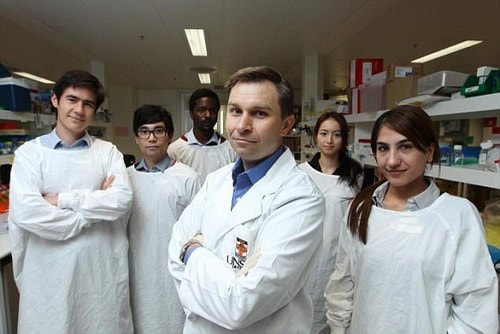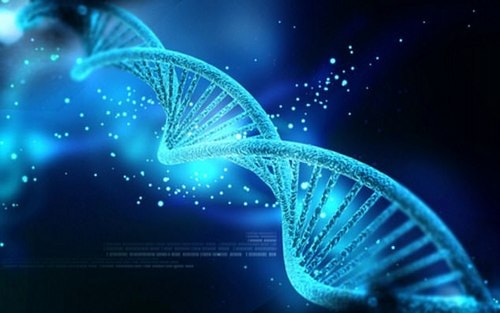Will astronauts use 'anti-aging pills'?
Scientists have discovered a key process in DNA repair that could be used to develop drugs to reverse aging.
 |
| The research team discovered a process that helps repair DNA. Photo: 9News |
Scientists have announced a breakthrough discovery that could lead to the development of a drug that reverses the aging process. It could repair damaged DNA and even protect astronauts on Mars from the harmful effects of solar radiation, ABC reported on March 24.
The team discovered a key signaling pathway in DNA repair and cellular aging. In tests on mice, they found that the drug was able to directly repair DNA damage caused by radiation exposure or aging.
"The cells of old mice were indistinguishable from those of younger mice after a week of treatment. We are getting closer to a safe and effective anti-aging drug. It may only take 3-5 years to bring it to market, if the trials go well," said Professor David Sinclair, lead author of the study.
Human trials will begin within six months. The work has attracted the attention of NASA, which is facing the challenge of keeping astronauts healthy during a four-year mission to Mars.
Even on short missions, astronauts experience accelerated aging from cosmic radiation, with muscle weakness, memory loss, and other symptoms upon return to Earth. On a trip to Mars, the situation will be much worse. Five percent of an astronaut’s cells will die, while the chance of developing cancer is 100%.
Cosmic radiation isn't just a problem for astronauts. The average person is exposed to it when flying, with a flight halfway around the world exposing a person to as much radiation as an X-ray.
 |
| This drug can speed up DNA repair, reversing aging. Photo: 9News. |
In theory, anti-aging drugs could reduce the effects and DNA damage of frequent flyers. Another group that could benefit from the research is childhood cancer survivors.
Professor Sinclair's colleague, Dr Lindsay Wu, said that 96% of childhood cancer survivors have chronic illnesses by age 45, including cardiovascular dementia, type 2 diabetes, Alzheimer's disease and tumors unrelated to the original cancer.
Human cells can naturally repair their own DNA, but this ability declines with age. Scientists have identified a molecule called NAD+ that plays a key role in protein interactions that control DNA repair. It is a signaling molecule found in all cells in the body.
The enhanced variant of NAD+, called NMN, can improve the ability of cells to repair DNA damage. For the past four years, Professor Sinclair and Dr. Wu have been working on ways to incorporate NMN into drugs.
According to VNE
| RELATED NEWS |
|---|

